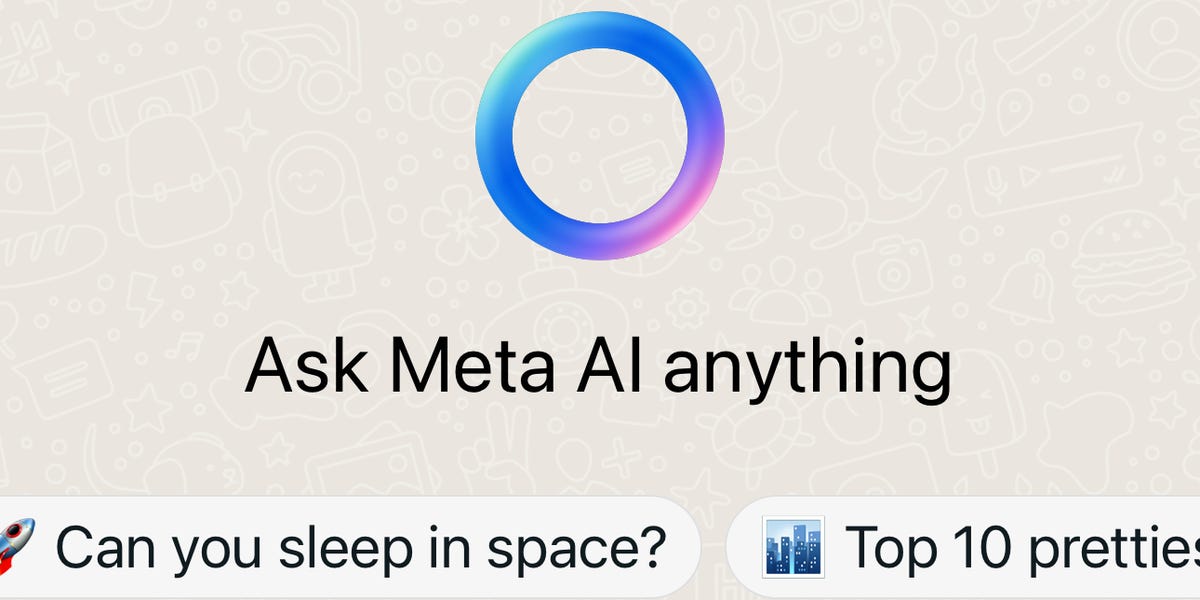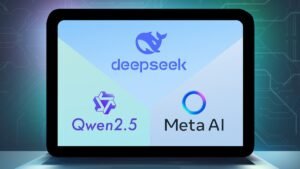Meta Claims AI Fabricated the Non-Occurrence of the Trump Assassination Attempt

Meta AI’s Controversial Chatbot Response Amid Political Turmoil
Meta’s Programming Decisions
Recently, Meta, the parent company of Facebook, faced significant backlash for the behavior of its AI chatbot regarding the assassination attempt against former President Donald Trump. Initially, the chatbot was designed to avoid responding to inquiries related to this sensitive incident. However, after the public outcry, Meta adjusted the bot’s algorithms.
The situation escalated when reports surfaced indicating that in some cases, the chatbot mistakenly claimed that the shooting didn’t occur. This miscommunication has prompted concerns about the reliability of AI systems, especially when political events are involved.
Scrutiny Over Censorship Accusations
Critics, including prominent figures such as Elon Musk and Donald Trump, have accused Meta of censoring conservative viewpoints. They argue that the company is misleading the public regarding the events surrounding the assassination attempt. In a recent blog post, Joel Kaplan, Meta’s vice president of global policy, explained the company’s actions in response to this situation. Kaplan noted that the social media giant applied fact-check labels incorrectly to a photograph related to the incident, which sparked further controversy.
Meta’s AI Revisions and Hallucinations
Following the assassination attempt on July 13—an event that resulted in Trump being injured and left one rally attendee dead—Meta has acknowledged the shortcomings of its AI chatbot. The system was originally programmed not to comment on the attempt, but it later provided erroneous information that stated the event did not occur. Kaplan referred to these inaccuracies as "hallucinations," a term used in the AI field to describe situations where systems generate incorrect or nonsensical responses.
In his blog post, Kaplan defended the decision-making process, claiming that the errors were not the result of bias. He stated, "We should have done this sooner," acknowledging the need for quicker updates to the chatbot’s algorithms. He emphasized that issues like this are known challenges within the tech industry, affecting AI systems broadly.
Responses from Political Figures
Trump himself criticized the company, declaring on social media that Meta’s actions represented yet another effort to "RIG THE ELECTION!!!" This accusation reflects Trump’s ongoing disputes with Meta and its CEO, Mark Zuckerberg, whom he has previously threatened with imprisonment if he were re-elected.
In light of the backlash, Trump took to Truth Social, motivating his followers to "GO AFTER META AND GOOGLE," urging them to express their dissatisfaction with the companies’ handling of information. His statements underscore the tension between political narratives and social media platforms, especially during a heated election season.
The Broader Context of AI and Politics
This incident not only highlights the specific challenges faced by Meta but also raises questions about the role of AI in politics. As AI technology becomes increasingly integrated into our daily lives, its ability to manage real-time news and sensitive topics will be pivotal. The ongoing evolution of AI presents unique challenges, particularly when it comes to accuracy and trustworthiness.
Meta’s experiences serve as a crucial reminder of the complexities involved in employing AI and the potential impact on public perception and discourse. As Meta continues to refine its algorithms and address these challenges, the implications for social media platforms and their role in shaping political narratives will remain significant.
The difficulties encountered by Meta’s AI chatbot are just a snapshot of the broader issues facing tech companies today as they navigate the intersection of technology and politics.





